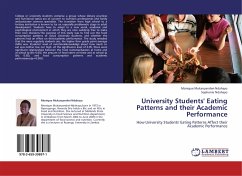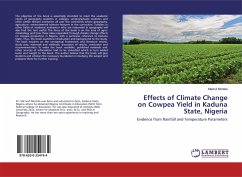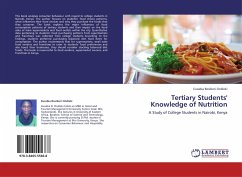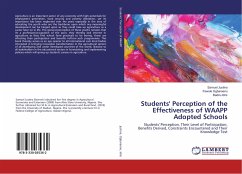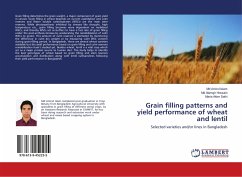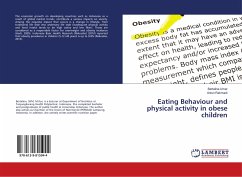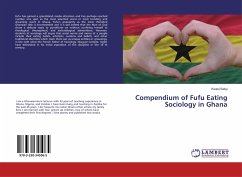College or university students comprise a group whose dietary practices and nutritional status are of concern to nutrition professionals and family andconsumer sciences specialists. The transition from high school to a tertiary institution is known to be an especially problematic stage in adult development. Students have to adapt to a new social, academic and psychological environment in which they are now suddenly free to make their own decisions.The purpose of this study was to find out the food consumption patterns of Solusi University students, and whether the patterns had an effect on theiracademic performance. The study revealed that the more regularly students ate, the higher their grade point average (GPA) was. Students' level of nutritionalknowledge about how much to eat was neither low nor high. At the significance level of 0.05, there were significant relationships between the food customarilyeaten at home and at school (p < 0.05), the amount of food eaten at home and at school (p < 0.05), and food consumption patterns and academic performance(p=0.002).
Bitte wählen Sie Ihr Anliegen aus.
Rechnungen
Retourenschein anfordern
Bestellstatus
Storno

